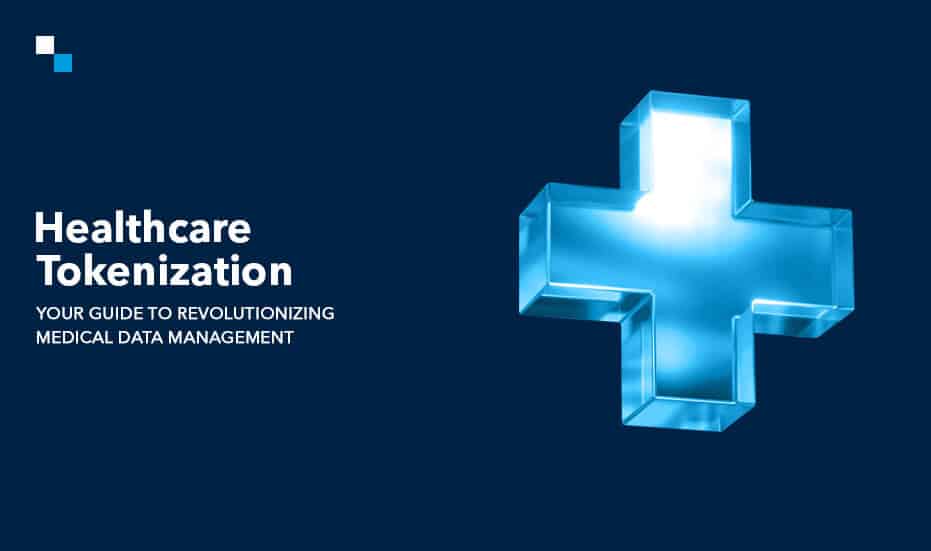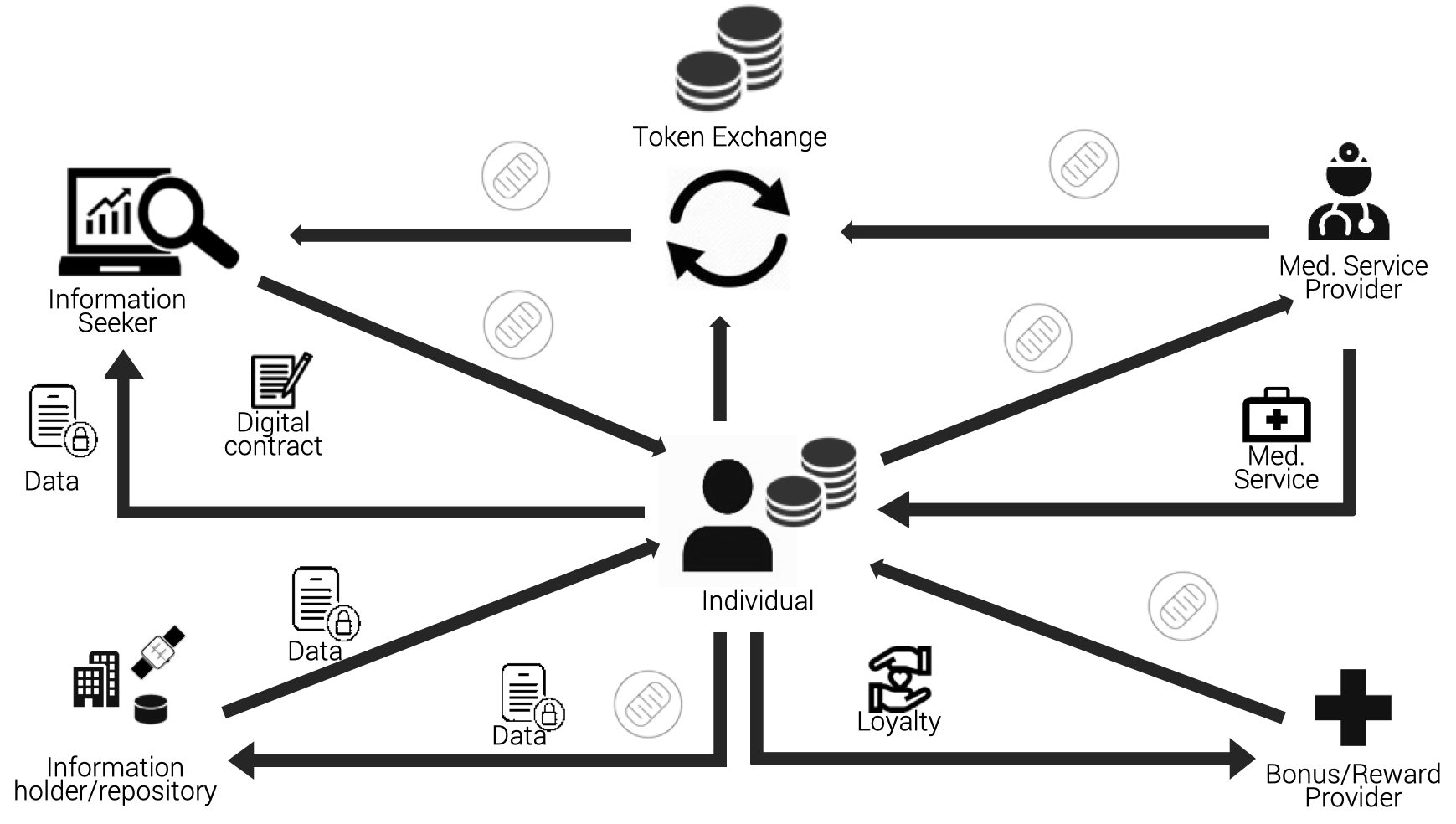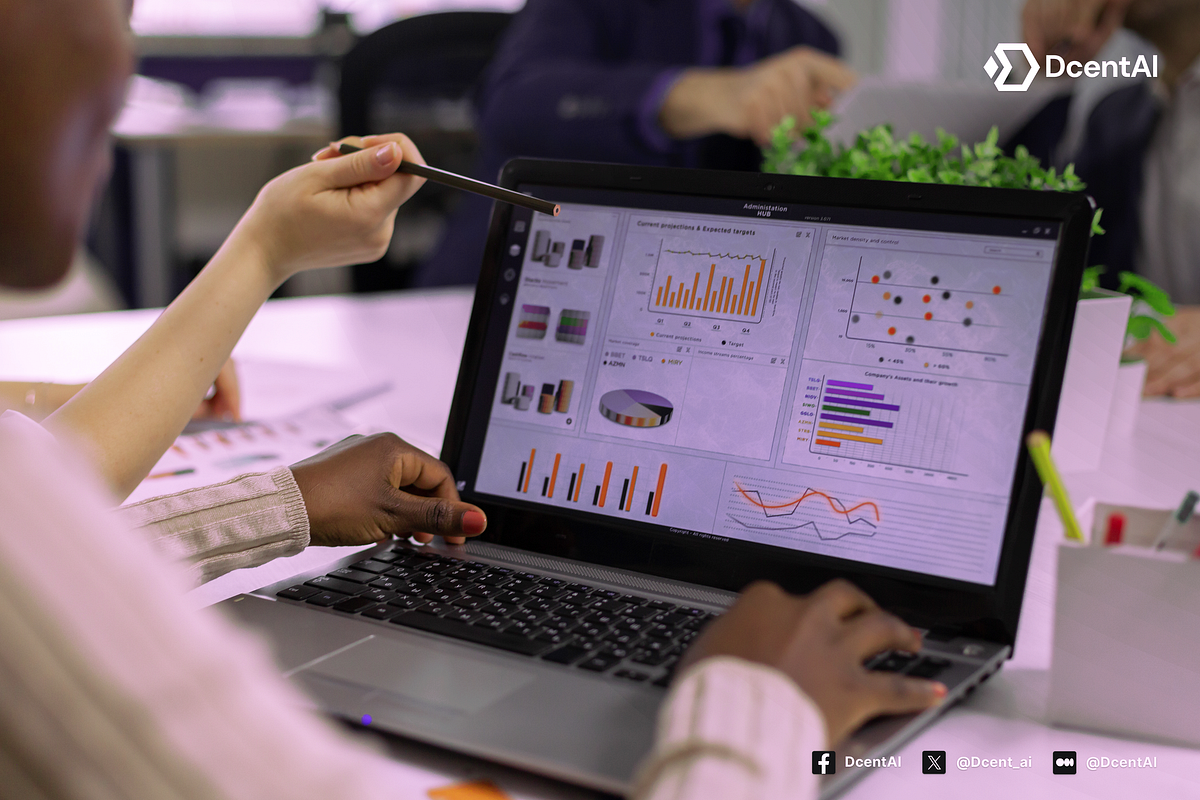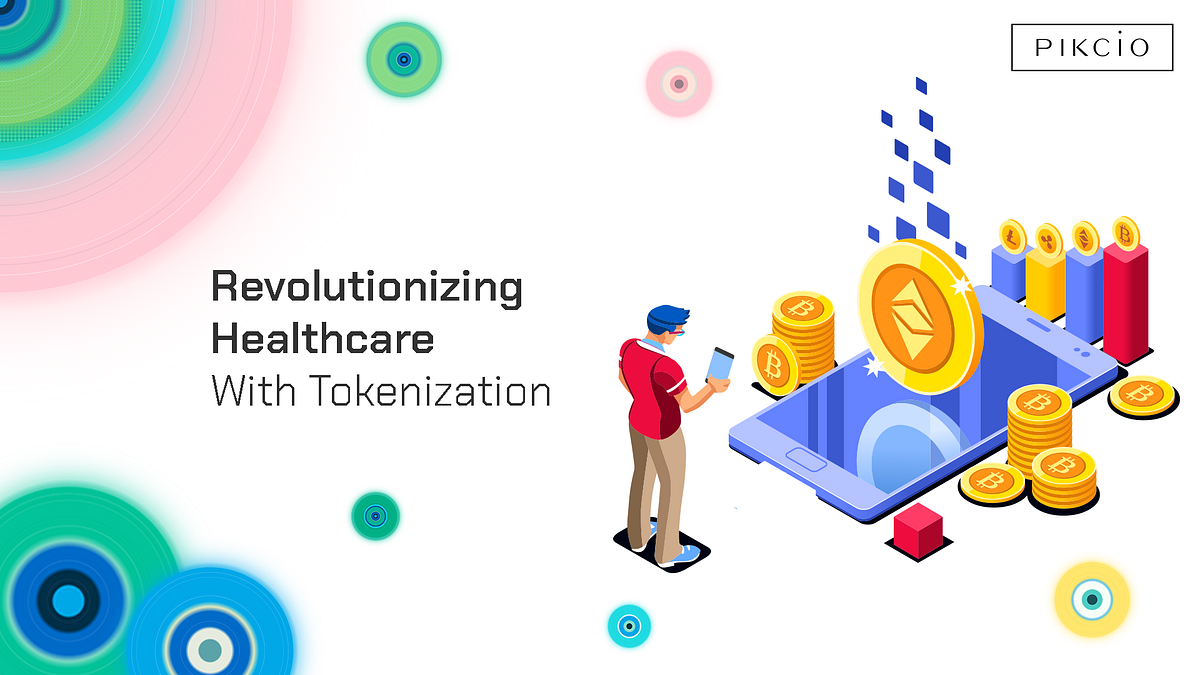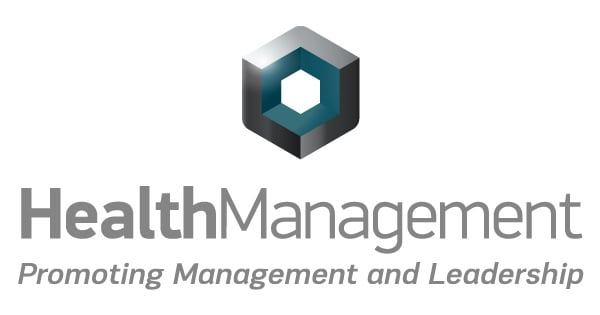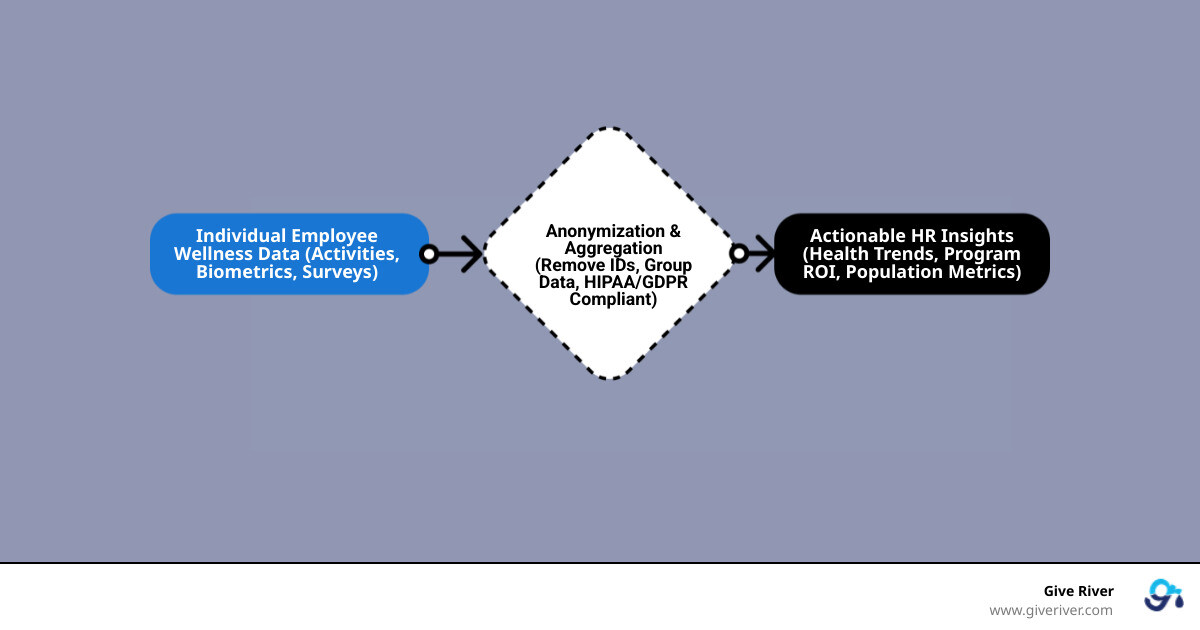The Growing Wellness Data Economy
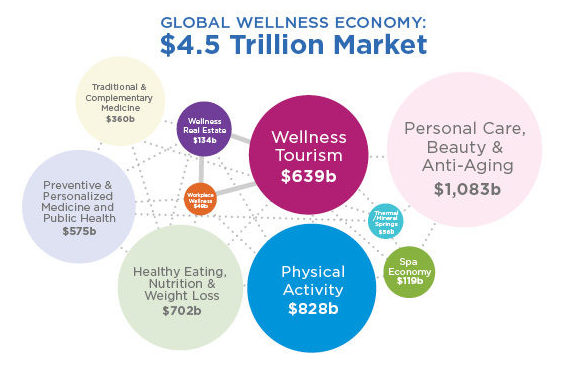
The global wellness economy reached $6.3 trillion in 2023 and is projected to grow to nearly $9.0 trillion by 2028[20]. This market encompasses 11 sectors, including physical activity, mental wellness, and preventive and personalized medicine[18]. Modern healthcare and wellness run on data, with tremendous amounts being generated by medical documentation, patient care, and personal devices[9]. Patient-generated health data (PGHD) from wearables can be combined with electronic health records to improve disease predictability[19]. This data holds significant value; for instance, one analysis showed IBM paid the equivalent of $13 per patient record to train its Watson AI[9]. However, in the current data economy, the individual providing the data rarely profits from its monetization, which perpetuates a system of data monopolization and inefficiencies[9]. Decentralized data marketplaces represent a significant shift, offering a new paradigm for how data is shared, monetized, and used[1].
Tokenization: Securing and Managing Wellness Data
Tokenization is a process that replaces sensitive medical data with unique, encrypted digital tokens[5][7]. In the healthcare context, patient identifiers are pseudonymized through the generation of a patient-specific encrypted 'token'[2]. This technology is a key innovation in decentralized data marketplaces, transforming data into assets like non-fungible tokens (NFTs) or other token types that can be bought, sold, or licensed peer-to-peer[1]. This process significantly enhances data security. While traditional systems keep sensitive information in databases prone to breaches, tokenization minimizes this risk by converting data into tokens that are meaningless if intercepted[5]. Since tokens do not contain protected health information (PHI), they protect against patient re-identification and loss of confidentiality[7]. This decentralized structure benefits both data providers and consumers, fostering an ecosystem where data is exchanged efficiently and securely[1]. It also simplifies data management and improves interoperability between different healthcare systems by providing a standardized framework for data exchange[5].
Revenue Models and Data Monetization
Decentralized data marketplaces empower data owners to create new revenue streams while maintaining control over how their data is used[1]. A cryptocurrency representing the value of health information can motivate individuals to make their data shareable with those willing to pay for it, such as pharmaceutical companies or research institutions[9][15]. Tokenization allows for flexible monetization models, including one-time purchases, subscriptions, or tiered access, with terms enforced by smart contracts[1]. After sharing their information, patients can be rewarded with tokens that can be used to offset hospital bills or be exchanged for cash at designated exchanges[9][15]. Marketplaces can also be designed to provide the original data creator with royalties on each future sale of their data, creating a sustainable incentive mechanism[19]. The platform itself can receive a commission per sale, making it financially feasible to operate and maintain[19].
Consent Frameworks and User Control
Informed consent is the foundation of ethical research, requiring that participants voluntarily agree to a study after fully understanding its purpose, risks, and benefits[6]. Regulations like the Health Insurance Portability and Accountability Act (HIPAA) govern the protection of medical and health-related data[4][6]. Decentralized platforms enhance user autonomy by giving data providers full control over their assets[1]. Users can set specific access and usage terms that are automatically enforced by blockchain-based smart contracts, promoting transparency and trust[1]. Traditional consent models are being challenged by the rise of AI and big data[6]. An alternative approach, 'dynamic consent,' facilitates ongoing communication between participants and researchers, allowing individuals to set and update their preferences for data use over time[13]. This model aligns well with modern data protection laws by ensuring consent is specific, informed, and continuous, thereby empowering participants to control their own privacy[13].
Examples of Decentralized Data Exchanges
Unlike traditional platforms that rely on centralized authorities, decentralized data marketplaces operate on distributed networks, eliminating single points of failure and associated risks[10]. Several platforms are pioneering this model. Ocean Protocol is a decentralized data exchange that uses 'datatokens' to allow data owners to monetize their information while retaining control and privacy[10]. DcentAI provides a decentralized network for AI companies that integrates secure data sharing and monetization capabilities[10]. Datum is a marketplace that permits individuals to manage and monetize their personal data through a secure and transparent blockchain-based exchange[10]. Another example is Streamr, a platform specializing in decentralized real-time data sharing, which is particularly relevant for streaming wellness metrics from IoT devices and wearables[10].
Opportunities and Risks for Stakeholders

For users, decentralized marketplaces offer significant opportunities, including data ownership, control over data usage, enhanced privacy, and new revenue streams[1]. For researchers and AI developers, these platforms democratize data access, lower entry barriers for smaller entities, and provide diverse datasets for training more accurate models while respecting privacy[1][10]. This can accelerate innovation in clinical trials and drug development[2]. However, there are notable risks and challenges. Ensuring high data quality without centralized control is a primary concern, which platforms address through reputation systems and community governance[10]. Navigating the complex and varied landscape of data protection laws across different regions is another hurdle[10]. There is also a risk of fraudulent data submission, which marketplaces can deter by penalizing vendors upon detection of fraud[19]. Finally, implementing these systems requires substantial resources and technical infrastructure, and the reliance on digital platforms may exclude individuals who lack internet access or IT literacy, creating a 'digital divide'[13].
Get more accurate answers with Super Pandi, upload files, personalized discovery feed, save searches and contribute to the PandiPedia.
Let's look at alternatives:
- Modify the query.
- Start a new thread.
- Remove sources (if manually added).
